Michael A. Donohue (1841-1915) and William Henneberry founded
this company in 1878.
Donohue was born in Ireland in 1841. After living in Philadelphia for a
short time, he moved with his family in 1856 to Chicago. He was an
apprentice bookbinder with Charles Scott until 1861 when he became a
member of the Cox and Donohue firm. Alfred Cox (1835-1910) was a native
of England who was active in the bookbinding business from the days of
his partnership with Donohue to his death. Donohue's partnership with
Cox ended shortly after the Chicago fire of 1871 destroyed their firm's
place of business. Cox continued as a bookbinder, A. J. Cox and
Company, after his work with Donohue ended.
Later in 1871 Donohue became a named partner in Donohue, Wilson
(William) and Henneberry, This firm operated until 1878 when it was
succeeded by Donohue and Henneberry.
The other named partner in Donohue and Henneberry was William
Henneberry (1848-). He was a native of Chicago and had apprenticed as a
bookbinder until he joined Donohue in 1871. After the dissolution of
Donohue, Henneberry and Company in 1900, he established the Henneberry
Company. This latter company became one of the largest publishers of
mail order catalogues in the United States.
Initially Donohue and Henneberry was exclusively a bookbinder. By 1879
it was publishing the very popular "Red Line Series". This was not a
series of books however but rather a series of items for schools. By
1887 the Red Line Series included school registers, class records,
report cards, diplomas, examination records and writing spellers, etc.
In 1887 the Red Line series included catalogues, blank books, ledgers,
various forms for schools, certificates, etc., for numerous midwest
states. The catalogue was unchanged through 1889.
This firm did print and bind a number of random titles on its own
imprint between 1875 and 1889. Many of these were written about Chicago
subjects or were the products of local Chicago authors. In 1890 the
newly named firm of Donohue, Henneberry and Company began to actively
publish books on its own imprint. As with most of the reprint
publishers during this era, a majority of its books were published as
parts of its publisher's series.
In 1900 Donohue petitioned a local circuit court to legally help to
dissolve the partnership between him and William Henneberry. Apparently
the partners had been unable to come to an amicable dissolution of
their partnership. Apparently with his sons, Donohue started up a new
firm, Donohue Brothers, in April, 1900. Soon after its founding the
Donohue Brothers purchased the plates of the W. L. Allison Company, a
prominent New York book publisher. By 1901 Donohue had purchased
Henneberry's share, dissolved the Donohue Brothers, and continued the
business under the M. A. Donohue and Co. name. Henneberry continued in
the book publishing business as the Henneberry Company.
The legal fight between the two partners went on for several years. In
1906 it ended with Donohue being told to vacate its Dearborn Street
location or pay a significantly increased rent to Henneberry.
Both the Donohue and Henneberry names continued to be of major import
in the book publishing world for many years.
Donohue, Henneberry published a number of different Tom Brown's.
Donohue, Henneberry & Co. published School Days in its Caxton
Edition in 1890. In 1895 the Advance Edition of Two volume sets
included both Tom Brown books. In 1896 both titles were published in
this house's Alpine Series of two volume sets. Interestingly these two
series also were published in non-set individual book formats. The
cover/spines are slightly different. Tom Brown at Oxford was published
in 1899 in the Thornward Edition of Fine 12 mos. It is blindstamped
with gold gilt lettering on the spine.
Both Tom Brown books were published as part of the Aetna Series in the
late 1890's.
1890 Only School Days was published in this Caxton Series.
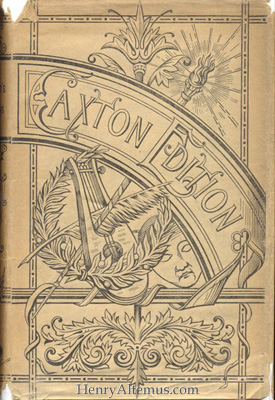
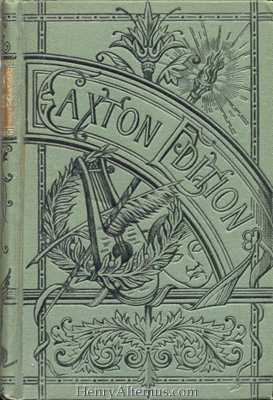
1895 Advance Series
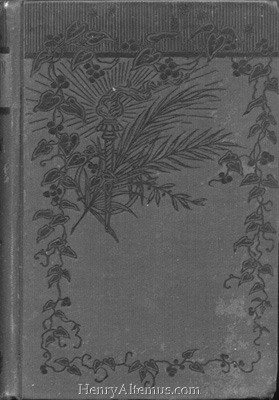
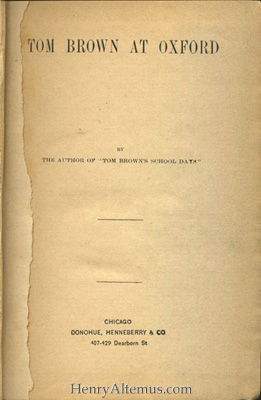
Standard Popular Priced Book--Mid to late 1890's
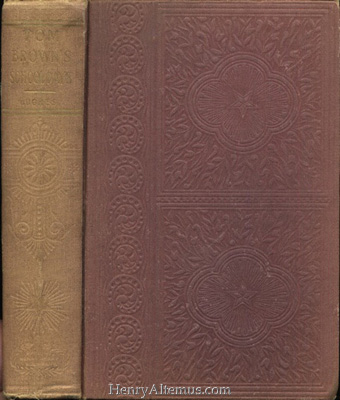
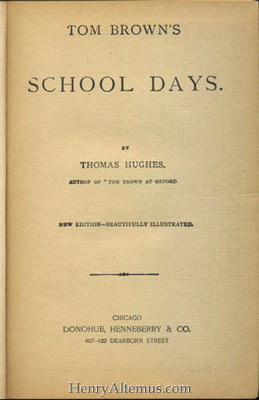
Kenmore Edition
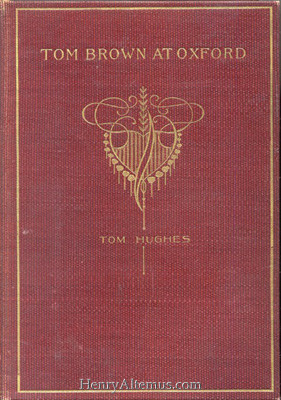
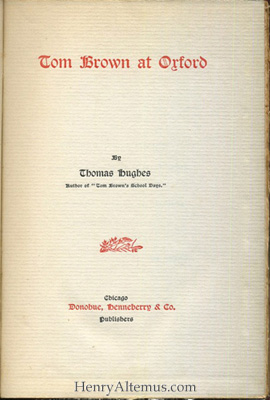
Aetna Series
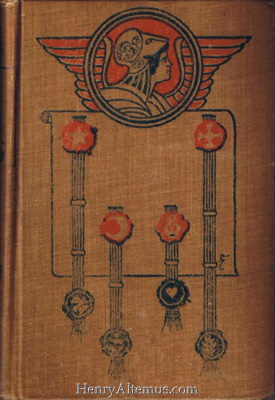
Thornward Edition
An earlier Thornward edition is blindstamped with gold gilt lettering.
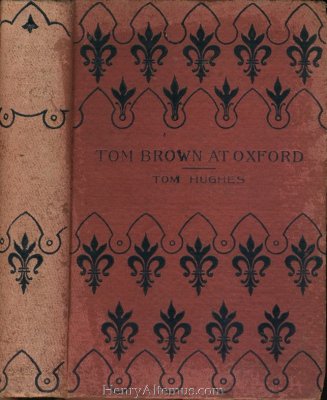
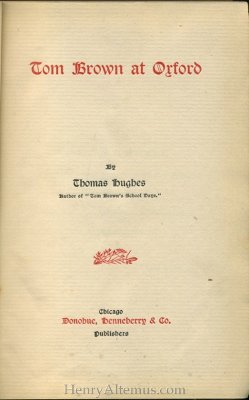
Click images to enlarge.